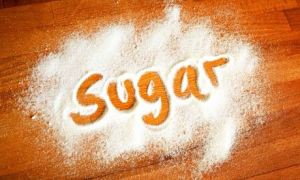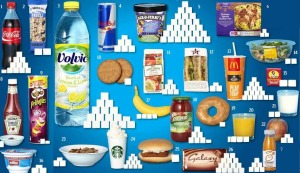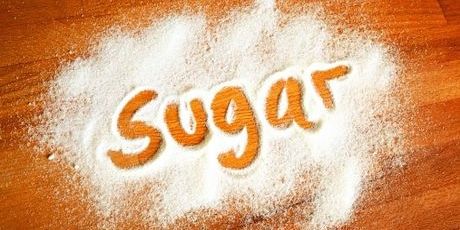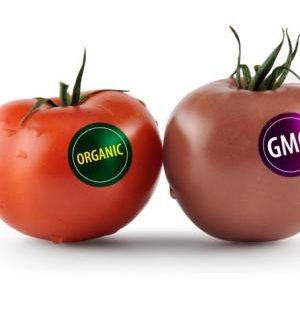By Fredrica Syren:
Not long ago, I found myself addicted to sugar. I know — sad, right? … I’m a health conscious person who always tries to eat healthy and teach my kids the same, but last year I realized that I was starting to treat myself to some sweets here and there. Before I knew it, I was hooked on sugar. I know it might seem like a harmless thing to be addicted to, but it’s no joke. Sugar is addictive, potentially harmful, and absolutely everywhere and in everything. Sugar is addictive because it messes with your metabolism, so when you eat sugar, you crave more. There have even been many arguments that sugar is partially to blame for the obesity epidemic we’re experiencing worldwide.
 In today’s society, sugar is “hidden” in many foods and we’re fooled into believing that low-fat foods like bars, cereal and fruit-filled foods are healthy when in fact they are loaded with sugar. Processed foods especially tend to contain loads of sugar, which tricks our brains into thinking we’re hungry. Of course, unlike other substance addictions, sugar addicted people don’t get the shakes when not eating; but the cravings are still real, and I for one noticed bad headaches and fatigue when I did not eat sugar.
In today’s society, sugar is “hidden” in many foods and we’re fooled into believing that low-fat foods like bars, cereal and fruit-filled foods are healthy when in fact they are loaded with sugar. Processed foods especially tend to contain loads of sugar, which tricks our brains into thinking we’re hungry. Of course, unlike other substance addictions, sugar addicted people don’t get the shakes when not eating; but the cravings are still real, and I for one noticed bad headaches and fatigue when I did not eat sugar.
The side effects of all the sugar I ate was that I kept getting yeast infections and I noticed my digestive system not working very well. But there can be far worse damage done by sugar than I experienced. For example, researchers have found a link between sugar and unhealthy levels of blood fats. Sugar is not shown to cause diabetes; however, consuming large amounts of sugar may cause obesity, which is proven to put you at high risk of diabetes.
Sodas and other sugar-sweetened drinks are the main source of added sugars in Americans’ diets today, but added sugar in processed foods is also a major

source. The surprise sources of hidden sugars are
- Pasta sauce
- Granola bars
- Yogurts
- Salad dressings
- Ketchup
- Cereal
- Energy drinks
- Tea
It’s a sad fact that Americans and many people from other countries consume way too much sugar. A report showed that from 2001-2004, Americans consumed an average of 22 teaspoons of sugar a day.
The problem with eating too much sugar is that it either adds calories to your diet or it replaces nutritional foods. Most people could benefit from reducing the amount of sugar in their diet. To do this, be aware and start to read food labels, and sweeten with more natural things like dried dates or fresh fruit instead.










